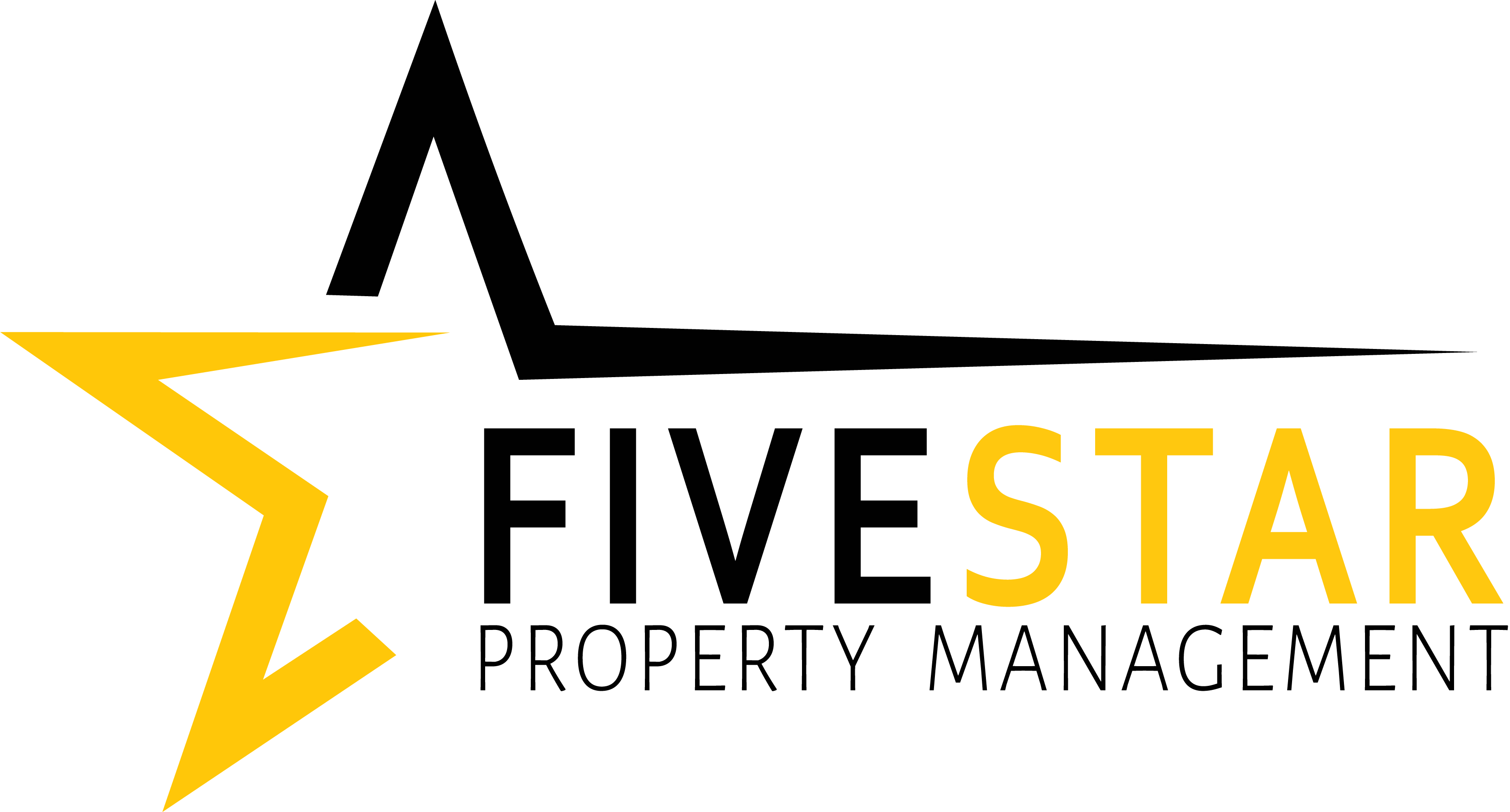When it comes to property management, effective communication is the keystone of a successful landlord-renter relationship. Whether managing a single property or an extensive portfolio, finding the right balance between personal touch and professionalism can significantly impact your operations.
Each communication method carries its advantages and drawbacks, and understanding these can help property managers tailor their approach to fit the needs and preferences of their residents. This article explores the intricacies of communicating through email, text, and calls, offering insights to help you choose the most suitable method for different situations.
Email Communication
Email is a staple in professional and formal settings, offering a reliable medium for detailed communications.
Best For
Email is best suited for sending important documents like lease agreements, formal notices, and detailed information about maintenance schedules, lease renewal or policy changes. Its formality and capacity for attachments make it ideal for official records.
Pros
- Documentation and Record-Keeping: Emails provide a digital paper valuable trail for legal protection and clarity of communication history.
- Ability to Attach Documents: Seamlessly send and receive forms, pictures, and other essential files.
- Non-Intrusive: Allows recipients to respond conveniently, respecting personal time and space.
Cons
- Delay in Response: Unlike texts or calls, emails might not be checked immediately, leading to delays in communication.
- Misinterpretation: The recipient can sometimes misinterpret emails without tone or verbal cues.
- Can Be Overlooked: It is easy for residents to miss an email if they receive a lot of daily messages.
- Impersonal: Lacks the warmth of direct conversation, which can sometimes be critical in building renter relationships.
- Time-Consuming for Urgent Matters: Better mediums exist for emergencies or time-sensitive information.

Tips
- Use a Clear Subject Line: Be succinct yet descriptive to capture attention and ensure your email gets opened.
- Personalize Your Messages: Personalization can build a stronger relationship, even in formal communication.
- Establish Regular Updates: To establish predictability, create a consistent schedule for sending emails, whether for maintenance updates, community news, or payment reminders.
Text Communication
Text messaging offers immediacy and convenience, making it a popular choice for quick updates and reminders.
Best For
Text messaging is ideal for brief updates, reminders, or simple questions. It’s a powerful tool for immediate or less formal communication, such as announcing a quick inspection, confirming appointments, or sending rent reminders.
Pros
- Immediate Delivery and Response: Texts arrive instantly and are often read within minutes, making them perfect for time-sensitive information.
- Convenience: Almost everyone keeps their mobile phone within reach, making texts a highly convenient communication method.
- Informality: Texting allows for a more casual interaction, which can foster a friendly, approachable relationship with residents.
Cons
- Limited Length: Text messages are not ideal for complex issues due to the limited length of texts.
- Professional Boundaries: Maintaining professionalism can be challenging in the inherently informal context of texting.
- Record Keeping: Unlike emails, texts are more complex to organize and keep track of over time.
Tips
- Maintain Professionalism: Even in a text, use proper grammar and avoid slang to maintain a professional image.
- Consent is Key: Ensure your residents are comfortable with text communication and have opted in.
- Be Brief but Clear: Convey your message succinctly without leaving room for misunderstandings.

Call Communication
Phone calls provide a personal touch, allowing for real-time interaction and conveying tone and urgency.
Best For
Calling is best reserved for detailed discussions, crisis management, negotiation, or when immediate feedback is required. It’s particularly effective when tone and voice influence the outcome, such as resolving a dispute or discussing sensitive matters.
Pros
- Personal Connection: Voice calls foster a sense of personal connection and rapport between landlords and residents, especially when the landlord is long-distance.
- Clarity: Discussing complex issues over the phone can reduce misunderstandings in text-based communications.
- Immediate Feedback: Calls allow for back-and-forth discussion, enabling both parties to ask questions and clarify points.
Cons
- Intrusive: Unscheduled calls can be disruptive and infringe on resident privacy.
- Time-Consuming: Phone calls can be more time-consuming than other forms of communication, both in setting up a convenient time and the call duration.
- No Physical Record: Unlike emails and texts, calls don’t automatically leave a conversation record unless you take detailed notes.
Tips
- Schedule Calls: To respect your resident’s time, consider scheduling calls in advance unless it’s an emergency.
- Keep a Summary: After the call, send a brief email or text summarizing the key points discussed for record-keeping.
- Be Prepared: Before making the call, have a clear agenda to ensure the conversation remains focused and productive.

Final Words
Effective communication is vital in maintaining a successful relationship with residents. Each communication method—email, text, and phone calls—has strengths and weaknesses, making them suitable for different situations.
Email is ideal for formal announcements and document sharing, while text messages are great for quick updates and informal communication. Phone calls, on the other hand, are best for complex discussions and urgent matters that require immediate attention.
At Five Star Property Management, we understand that managing communication with residents is just one aspect of successful property management. Our commitment to excellence and unparalleled customer service ensures property owners and residents have a top-tier experience. Don’t hesitate to contact us to learn more about our services and how we can assist you in expertly managing your properties and residents. Your investment is our priority, and we are here to make property management seamless for you.
